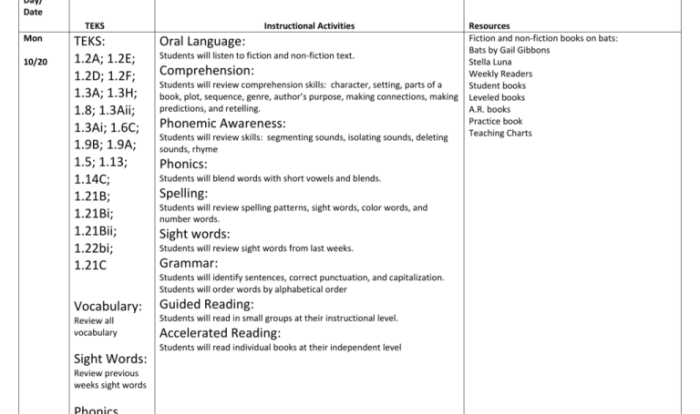Knowingly making false statements to the superintendent is a serious offense with potential consequences. This article explores the superintendent’s authority, the definition and implications of false statements, reporting and investigation procedures, case studies, and prevention strategies.
The superintendent holds significant authority within the educational system, including managing educational affairs and enforcing legal frameworks. Knowingly making false statements to the superintendent undermines their authority and can have ethical and legal implications.
Superintendent’s Authority and Role

The superintendent of an educational system holds significant responsibilities and powers within the organization. Their primary role is to provide leadership and management to ensure the smooth operation of educational institutions under their jurisdiction. The superintendent’s authority encompasses various aspects of educational affairs, including curriculum development, budgeting, personnel management, and policy implementation.
In terms of managing educational affairs, the superintendent possesses the authority to establish and enforce policies that guide the operation of schools and educational programs. They oversee the implementation of educational initiatives, allocate resources, and monitor the performance of schools and staff.
Additionally, the superintendent has the power to hire, evaluate, and dismiss personnel, including teachers, administrators, and support staff.
The superintendent’s authority is governed by a legal framework that includes federal, state, and local laws and regulations. These laws define the superintendent’s powers and responsibilities and provide guidance on the exercise of their authority.
False Statements to the Superintendent
“Knowingly making false statements to the superintendent” refers to the act of intentionally providing false or misleading information to the superintendent or their representatives. This can include fabricating or altering data, misrepresenting facts, or concealing material information.
The potential consequences of making false statements to the superintendent can be severe. Depending on the nature and severity of the offense, individuals may face disciplinary action, including suspension or termination of employment, or even criminal charges.
Knowingly making false statements to the superintendent is a serious ethical violation that undermines trust and integrity within the educational system. It can damage the reputation of the individual making the false statements and the institution they represent.
Reporting and Investigation Procedures
Individuals who suspect that false statements have been made to the superintendent should report their concerns promptly through established reporting channels. These channels may vary depending on the specific educational system, but typically involve reporting to a designated school official or a higher-level administrator.
Once a report of suspected false statements is made, an investigation will be conducted to determine the validity of the allegations. The investigation may involve interviews with witnesses, examination of documents, and other fact-finding activities.
The outcome of an investigation into false statements can vary depending on the findings. If the allegations are substantiated, the individual responsible may face disciplinary action or other appropriate consequences.
Case Studies and Examples
There have been several high-profile cases of individuals who have knowingly made false statements to the superintendent. One example is the case of a superintendent who was found to have falsified his resume to include a doctorate degree that he did not possess.
In another case, a teacher was found to have fabricated student attendance records to improve the school’s performance metrics. Both of these cases resulted in the individuals involved losing their jobs and facing criminal charges.
These cases highlight the serious consequences that can result from knowingly making false statements to the superintendent.
Prevention and Education, Knowingly making false statements to the superintendent is a
Preventing false statements to the superintendent requires a multi-pronged approach that involves both education and enforcement.
Educational programs can focus on promoting integrity and ethical behavior among students, staff, and administrators. These programs can teach individuals about the importance of honesty and the consequences of making false statements.
In addition to education, strong enforcement mechanisms are necessary to deter false statements and hold individuals accountable for their actions. This includes establishing clear policies and procedures for reporting and investigating allegations of false statements, and imposing appropriate disciplinary action for those found responsible.
All stakeholders in the educational system have a role to play in preventing false statements. Students, staff, administrators, and parents should work together to create a culture of integrity and ethical behavior.
Popular Questions: Knowingly Making False Statements To The Superintendent Is A
What is the definition of “knowingly making false statements to the superintendent”?
It refers to intentionally providing false or misleading information to the superintendent.
What are the potential consequences of making false statements to the superintendent?
Consequences may include disciplinary action, legal charges, and damage to reputation.
How should suspected false statements to the superintendent be reported?
Follow established reporting procedures, which may involve contacting the superintendent’s office or designated authorities.




